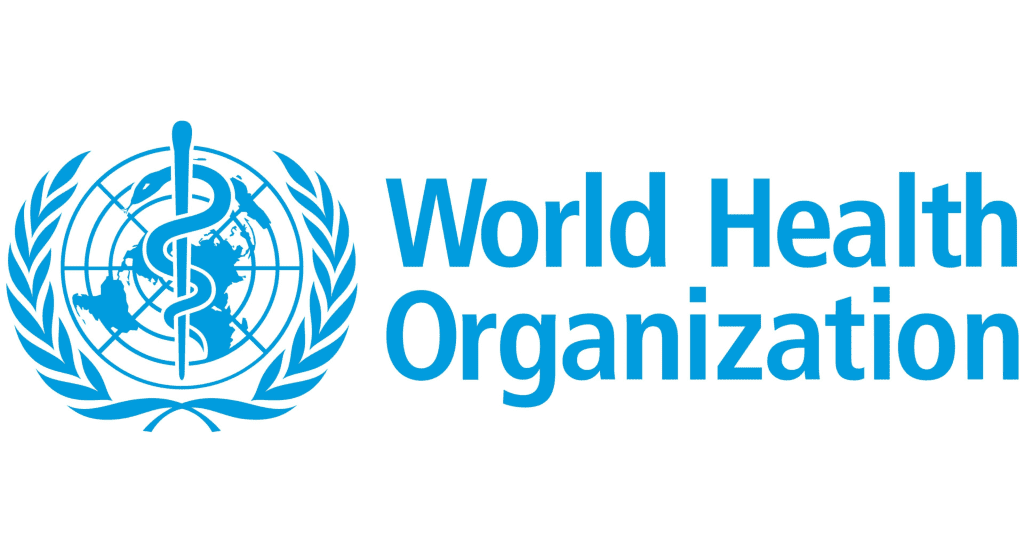Oral Health in Africa: A Growing Crisis
Dr. Chikwe Ihekweazu, Acting Regional Director for Africa of the World Health Organization (WHO), has raised concerns about Africa’s lagging progress in oral healthcare. Speaking on World Oral Health Day 2025 (March 20), he highlighted that only 17% of the regional population has access to essential oral health services.
Despite global advancements, Africa continues to struggle with high rates of dental caries, gum disease, and tooth loss—which affected 42% of the population in 2021.
Noma: A Silent Oral Health Crisis
Africa also has the highest cases of noma, a severe gangrenous disease that primarily affects young children. If untreated, noma has a high fatality rate and leaves survivors with lifelong impairments and social stigma.
To combat these challenges, WHO member states endorsed the Regional Oral Health Strategy (2016–2025), which integrates oral disease prevention into noncommunicable disease (NCD) control programs.
READ ALSO: Nigeria and Brazil Seal $1.1 Billion Green Imperative Project to Strengthen Food Security
Key Risk Factors for Poor Oral Health
Dr. Ihekweazu emphasized that tobacco use, alcohol consumption, high sugar intake, and socioeconomic conditions contribute to rising oral health issues. These risk factors are also linked to other NCDs, such as diabetes, cancer, and cardiovascular diseases.
To address these concerns, the Seventy-fourth World Health Assembly (2021) officially recognized oral health as a core part of the Universal Health Coverage (UHC) agenda and endorsed the Global Oral Health Action Plan (2023–2030).
Efforts to Improve Oral Health in Africa
WHO and its partners have initiated several programs to strengthen oral healthcare in African countries:
- Nigeria, Lesotho, and Sierra Leone developed national oral health policies.
- Ethiopia and Kenya trained 1,380 healthcare workers in oral health and noma management.
- Ethiopia improved its noma surveillance system by identifying cases during onchocerciasis mass drug administration campaigns.
- Kenya, Tanzania, and Zambia launched a project to increase access to WHO-listed dental materials, supported by Japan’s Ministry of Health, Labour, and Welfare.
Challenges in Expanding Oral Health Services
Despite these efforts, Africa still lacks sufficient oral health workers. In 2022, the region had only 56,772 oral health workers (0.37 per 10,000 population)—far below the required 158,916 (1.33 per 10,000) needed to meet demand.
Other key challenges include:
- Limited access to fluoride and preventive treatments
- Slow progress in sugar reduction initiatives
- Insufficient funding and oral health policies
The Way Forward: WHO’s Call to Action
To accelerate progress, WHO convened its first-ever Global Oral Health Meeting in Thailand (November 2024). Dr. Ihekweazu stressed the need for:
✔ Multisectoral collaboration between governments, health organizations, and private sectors
✔ Innovative financing, such as allocating health tax revenues to oral healthcare
✔ Integration of oral health into national healthcare benefits
✔ A people-centered approach to implementation
Conclusion
Africa’s oral health crisis remains a significant public health concern, with millions lacking access to essential dental care. While WHO and its partners have made strides, urgent policy changes, funding, and workforce expansion are crucial for progress.
What do you think? Should African governments prioritize oral health funding? Drop your thoughts in the comments!




















